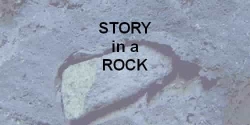Radiation Detector
Radiation Detector - smoky quartz
Some minerals change colour when exposed to radiation
So some coloured minerals are, in effect, "radiation detectors" - they tell us they were once exposed to radiation.
The coloured irradiated minerals are generally not radioactive themselves.
However be cautious - the rocks that contain the minerals may be radioactive.
Elements are made up of protons, neutrons and electrons. Put very simply - radioactive elements contain too many bits inside to remain stable so from time to time they get rid of bits - this is called radiation.
The colour of smoky quartz is caused by irradiation and traces of aluminum built into its crystal lattice.
In normal geological environments this process can only take place at temperatures below 50°C
True smoky quartz will loose its colour when heated to about 200°C, and the colour will occur again when the crystal is irradiated with x- or gamma-rays. Some (but reportedly not all) smoky quartz is sensitive to ultraviolet light and will pale when exposed to sunlight for a long time
It's still common practice to artificially irradiate colourless quartz and sell it as smoky quartz.
There is no radiation hazard associated with irradiated smoky quartz. Irradiating a crystal will cause some energy to be stored in the crystal structure, which can change the optical properties, typically observed as a change in colour.
Using radiation to change the colour of gemstones has been studied almost as long as radioactivity has been known. An early study, published within 10 years of the discovery of radioactivity, placed diamonds in radium powder to give a green colour. As the use of radiation has become more sophisticated, the ability to treat gemstones with radiation in order to create colour changes has become more common.
Some minerals that are "radiation dectectors include...
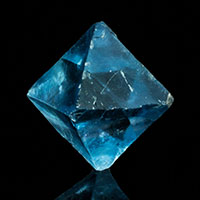
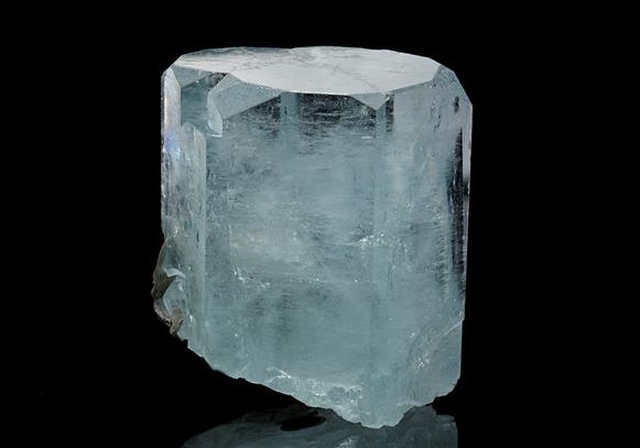
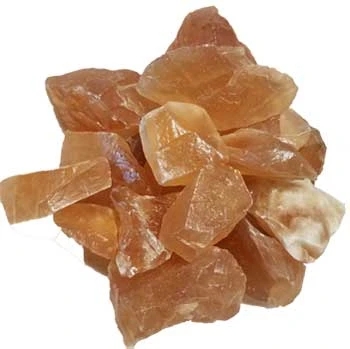
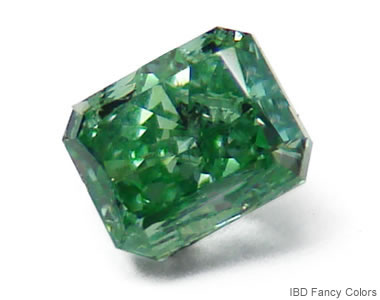
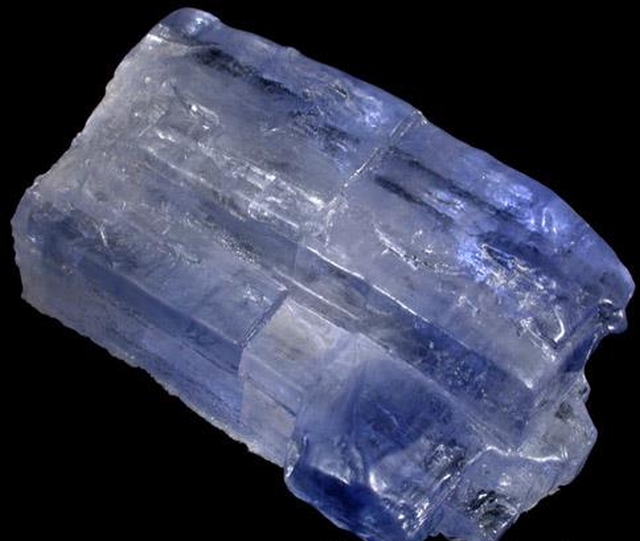
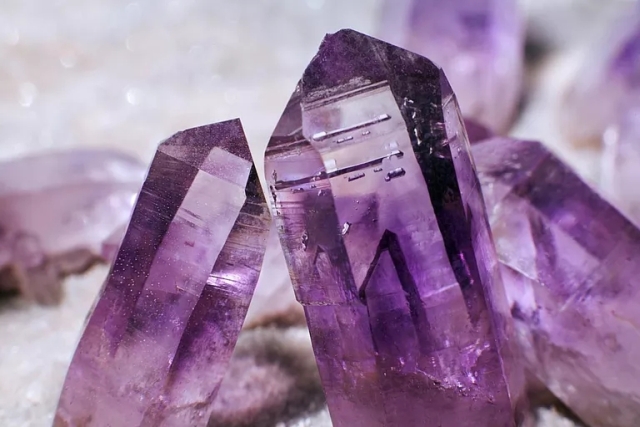
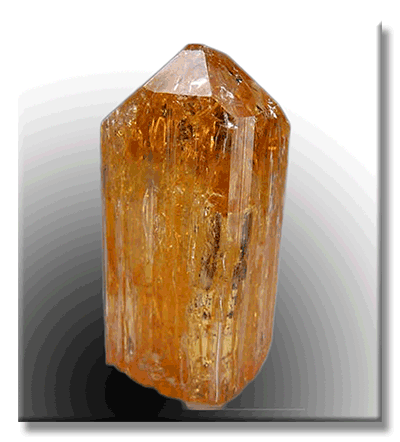
Learn more about IGNEOUS ROCKS and MINERALS

